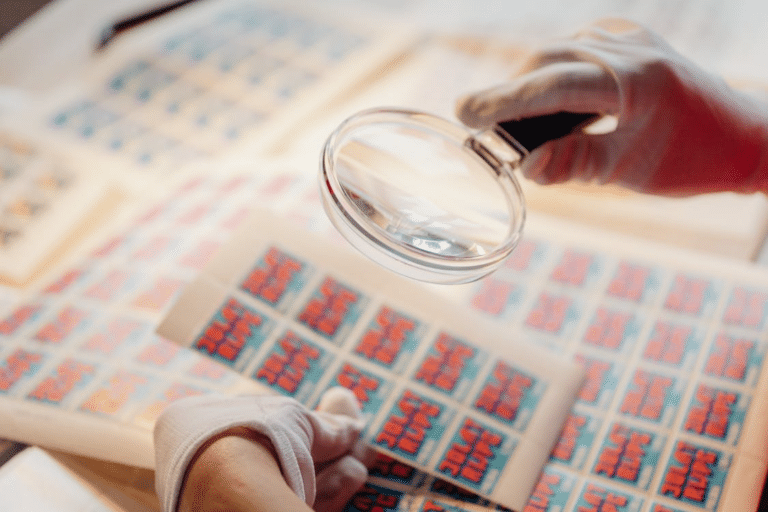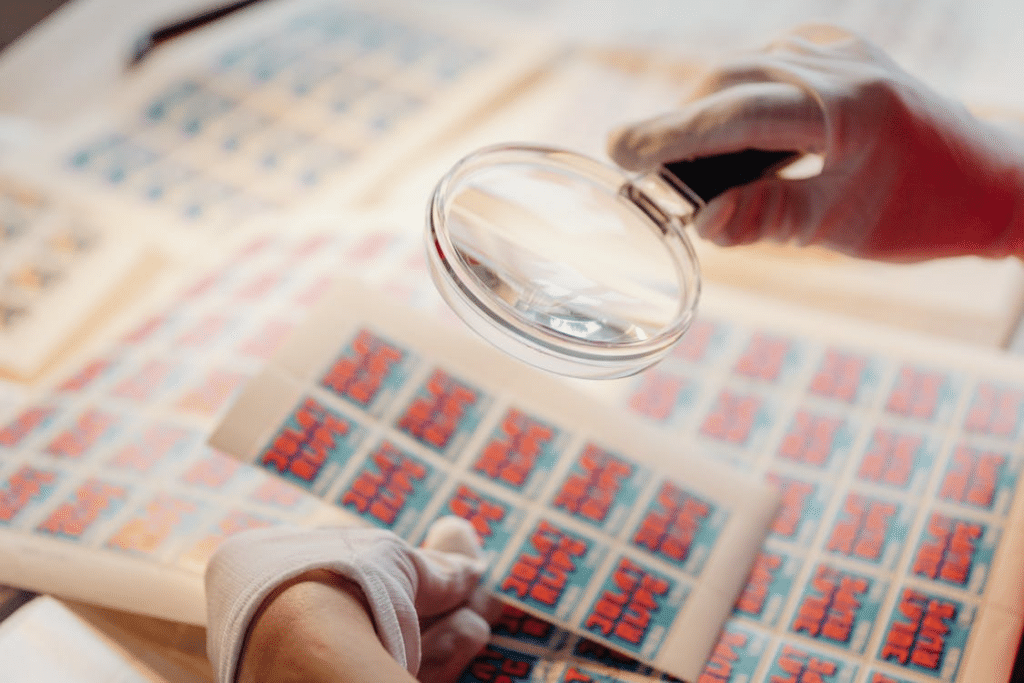Many parents feel confused about where to get their child’s ears pierced safely.
They worry about infections, pain, and finding the right professional. It’s stressful when you want to make the best choice for your little one. Here’s something that might surprise you: some pediatricians do offer ear piercing services, but many don’t.
The decision often depends on their training, office policies, and personal comfort with the procedure.
Most parents don’t realize that pediatricians who pierce ears follow strict medical protocols that can reduce risks significantly.
Do Pediatricians Pierce Ears?
The answer isn’t straightforward – some pediatricians do pierce ears, but many don’t. It depends on several factors including their training, office policies, and comfort level with the procedure.
Pediatricians who offer ear piercing services typically do so to provide a safer alternative to mall kiosks or jewelry stores. They use medical-grade equipment and sterile techniques and can offer proper pain management options, like numbing cream.
However, not all pediatric offices provide this service. Some doctors prefer to focus on traditional medical care, while others may lack the specialized equipment or training.
If your pediatrician doesn’t pierce ears, they can often recommend trusted medical professionals who do. Always call your child’s doctor’s office first to ask about their ear piercing policies and availability.
Benefits of Pediatrician-Performed Ear Piercing

When parents wonder, “do pediatricians pierce ears better than retail options?” they should consider these benefits.
When parents think about ear piercing for their children, they often consider mall kiosks or jewelry stores. However, many families now turn to their child’s doctor for this service.
- Medical expertise – Pediatricians understand child anatomy and can place piercings correctly to avoid issues later.
- Clean environment – Medical offices follow strict sterilization protocols that exceed those in retail settings.
- Pain management – Doctors can offer proper numbing options that many mall kiosks cannot.
- Quality materials – Medical-grade earrings reduce the risk of allergic reactions and infections.
- Proper aftercare guidance – Get clear, medically sound advice on caring for newly pierced ears.
- Medical history consideration – Your pediatrician knows if your child has conditions that might affect healing.
- Calming presence – Children often feel safer with their regular doctor than with a stranger.
- Follow-up care – You can easily schedule a check-up if you notice any concerns during healing.
Many parents find that the small premium in cost is worth the peace of mind that comes with professional medical care.
Risks When Doctors Pierce Your Child’s Ears
Getting your child’s ears pierced by a pediatrician might seem safer, but there are still some important risks you should know about. Even when doctors do the piercing, problems can happen.
Here are the main things that could go wrong:
Main Risks to Consider:
- Infection Problems: Germs can get into the piercing hole and cause redness, swelling, or pus that needs medicine to fix.
- Allergic Reactions: Some kids are allergic to certain metals in earrings, which makes their ears itchy, red, and sore.
- Bleeding Issues: The ear might bleed more than expected, especially if your child takes certain medicines or has bleeding problems.
- Nerve Damage: If the piercing goes in the wrong spot, it could hurt tiny nerves and cause numbness or weird feelings.
- Keloid Scars: Some children’s skin makes thick, bumpy scars that grow bigger than the original piercing hole.
- Tearing Problems: Earrings can get caught and rip the earlobe, especially when kids are playing or sleeping.
Even though pediatricians are trained doctors, these risks are still possible. Talk with your child’s doctor about whether ear piercing is right for your family.
Pediatrician vs. Jewelry Store Ear Piercing
The table below highlights the key differences between ear piercing performed in a pediatrician’s office and at a jewelry store:
| Aspect | Pediatrician’s Office | Jewelry Store |
|---|---|---|
| Training | Performed by medically trained professionals | Performed by staff with minimal or no medical training |
| Sterility | Uses sterile, single-use equipment and medical protocols | Equipment may not be fully sterile; piercing guns are often only disinfected |
| Pain Management | Numbing options are available to minimize discomfort | Limited or no pain management options |
| Equipment | Medical-grade, hypoallergenic earrings and tools | Commercial piercing guns, non-medical earrings |
| Aftercare | Detailed instructions and medical follow-up are available | Basic or generic aftercare advice |
| Risk of Complications | Lower risk of infection and allergic reactions | Higher risk due to technique and hygiene issues |
| Comfort | Familiar, trusted provider; less anxiety for child | Unfamiliar staff may cause more anxiety |
Choosing a pediatrician for ear piercing ensures that the procedure is performed by a medical professional who understands children’s unique needs.
The Bottom Line
Choosing where to get your child’s ears pierced is an important decision that affects their safety and comfort.
While some risks exist with any piercing, medical professionals minimize these through training and safety protocols. They understand your child’s health history and can handle complications if they arise.
The extra cost of pediatric ear piercing often pays off in peace of mind and better outcomes. Talk to your child’s doctor about their ear piercing services and policies.
Your little one deserves the safest, most comfortable experience possible for this special milestone.
















